10 GPTs for Verb Conjugation Powered by AI for Free of 2026
AI GPTs for Verb Conjugation are advanced artificial intelligence tools designed to understand, generate, and manipulate verb forms in various languages. Leveraging the power of Generative Pre-trained Transformers, these tools offer precise and context-aware conjugation services, making them invaluable for language learning, content creation, and linguistic analysis. By synthesizing vast amounts of language data, they provide tailored solutions for accurately handling the complexities of verb forms and tenses, thus enhancing communication and comprehension in multiple linguistic contexts.
Top 10 GPTs for Verb Conjugation are: Spanish Teacher,Colloquial Palestinian Arabic Teacher,HolaBot Spanish Tutor 🇪🇸/🇺🇸🇬🇧,Greek Storyteller (for Greek learners),Gaelic Verb Master,Spanish Practice Teacher,French Conjugation,Tense Tutor,ドイツ語の動詞変化と例文を出すクマさん,Past Tense Pro
Spanish Teacher
Master Spanish with AI-Powered Insights

Colloquial Palestinian Arabic Teacher
AI-powered Palestinian Arabic learning tool

HolaBot Spanish Tutor 🇪🇸/🇺🇸🇬🇧
AI-Powered Spanish Language Mastery
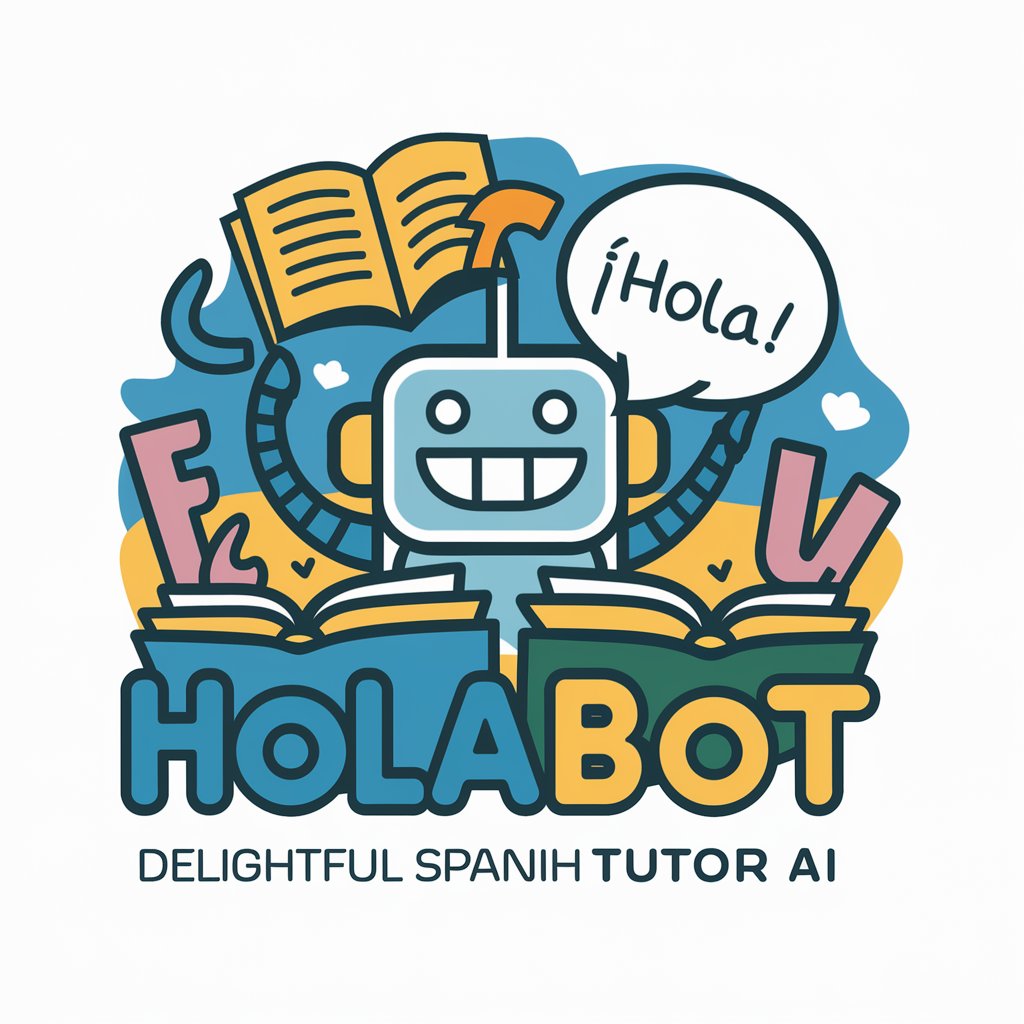
Greek Storyteller (for Greek learners)
Learn Greek through AI-powered storytelling.
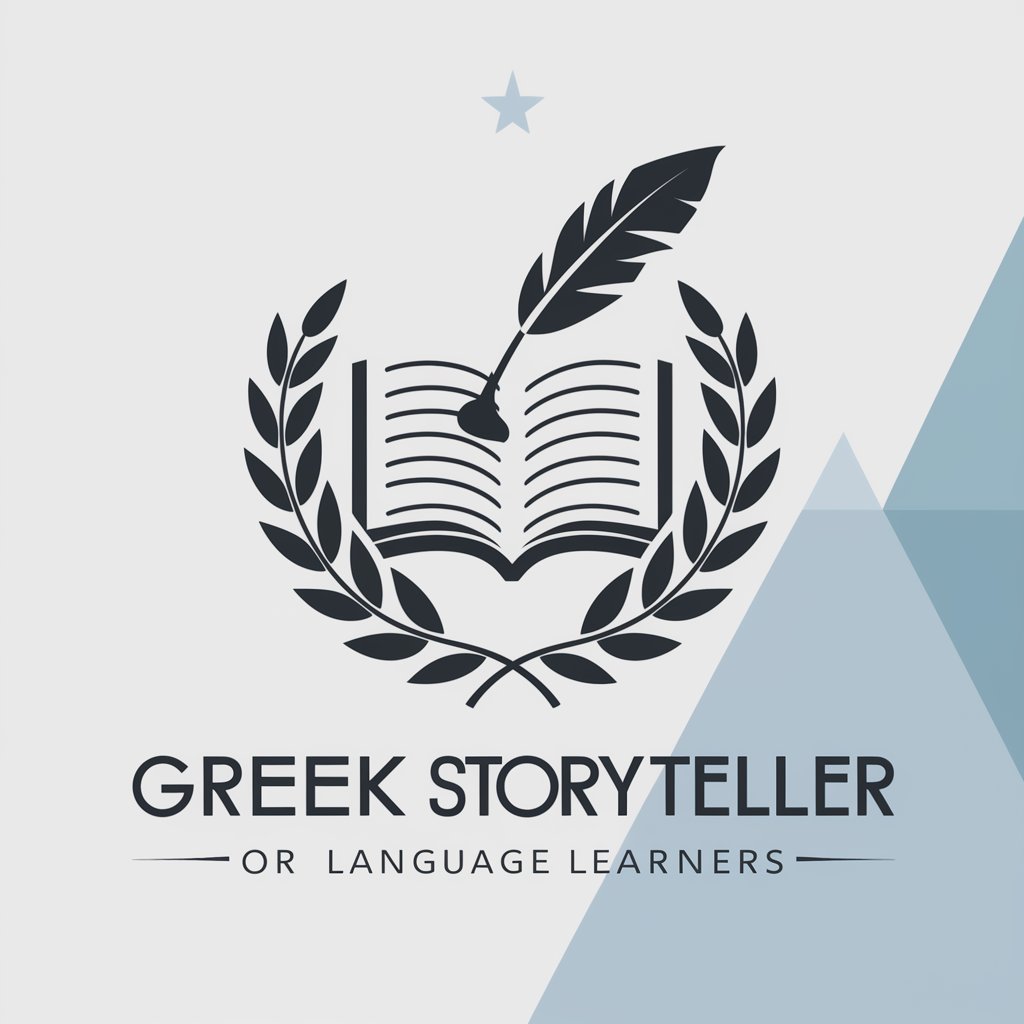
Gaelic Verb Master
Master Gaelic Verbs with AI

Spanish Practice Teacher
AI-Powered Spanish Learning Made Easy
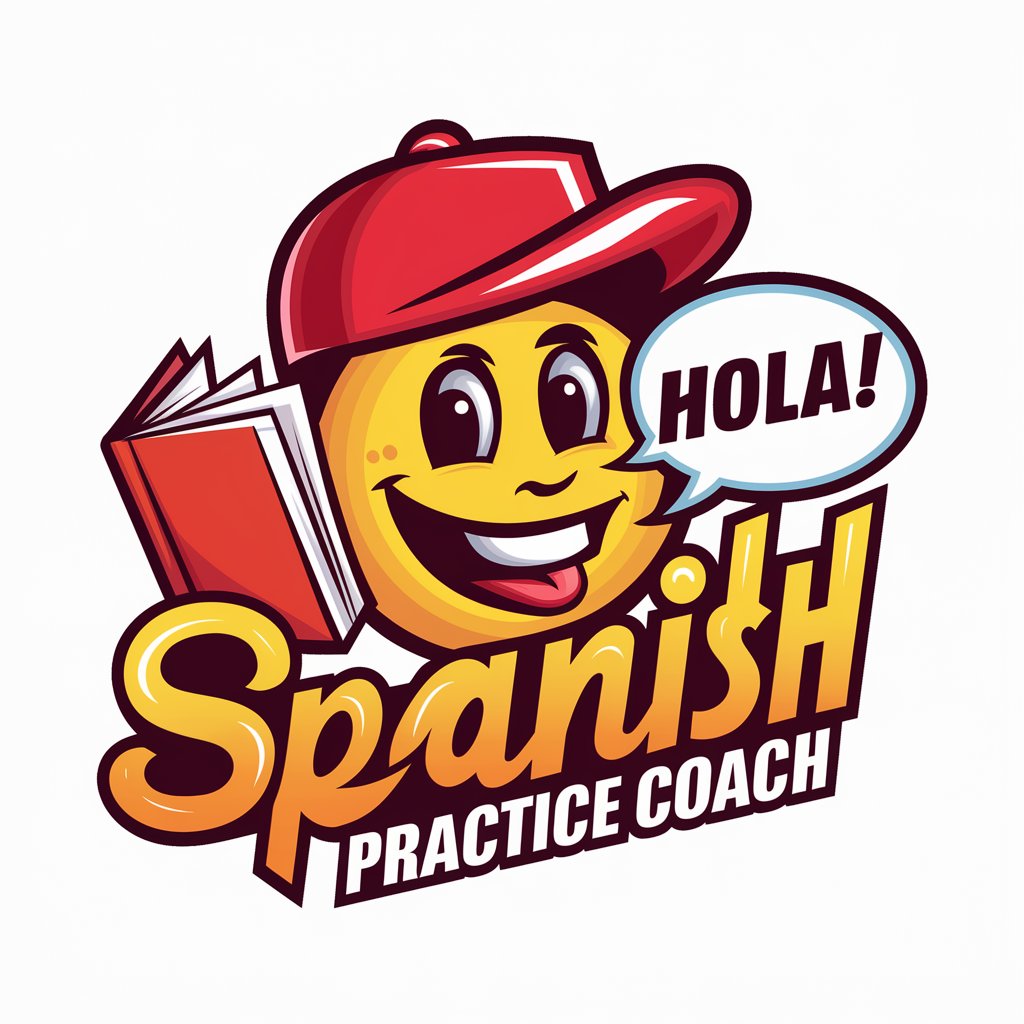
French Conjugation
Master French Verbs with AI

Tense Tutor
Master Verb Tenses with AI
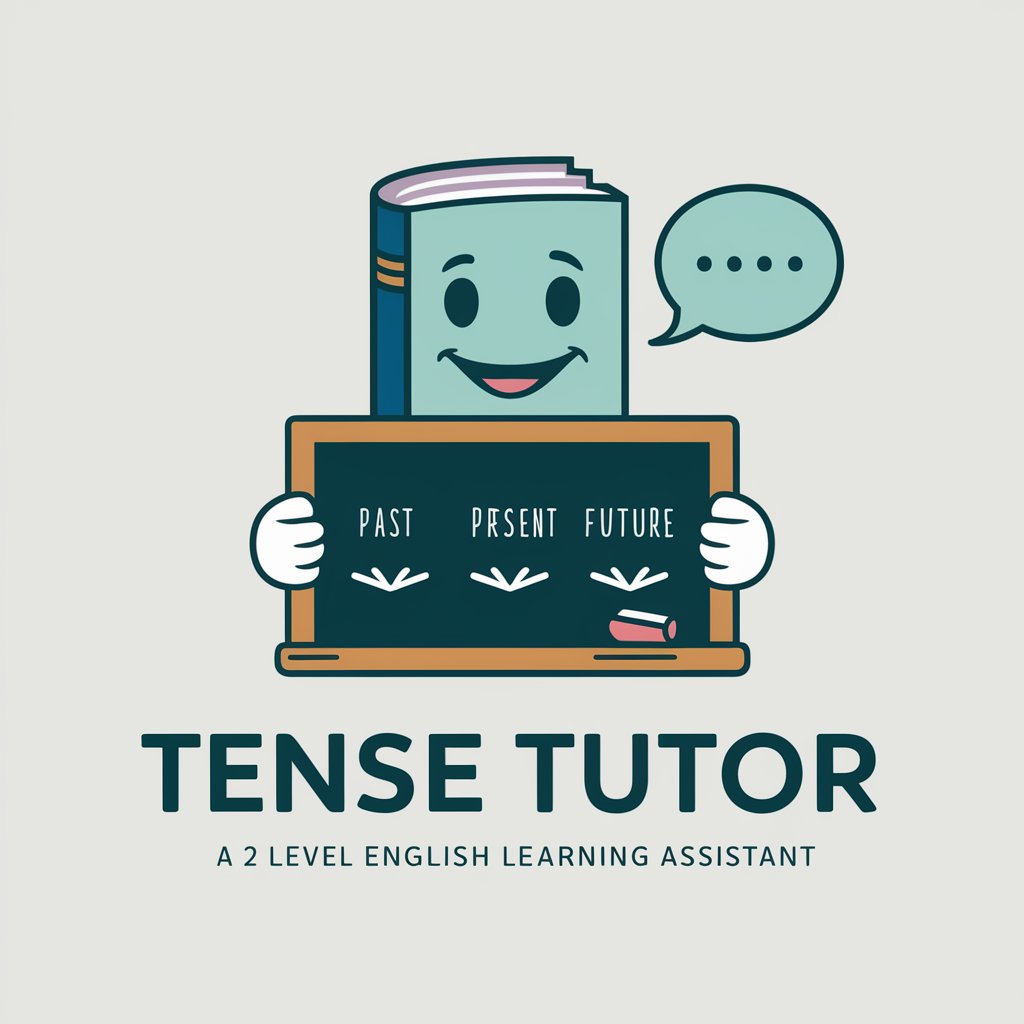
ドイツ語の動詞変化と例文を出すクマさん
Master German Verbs with AI
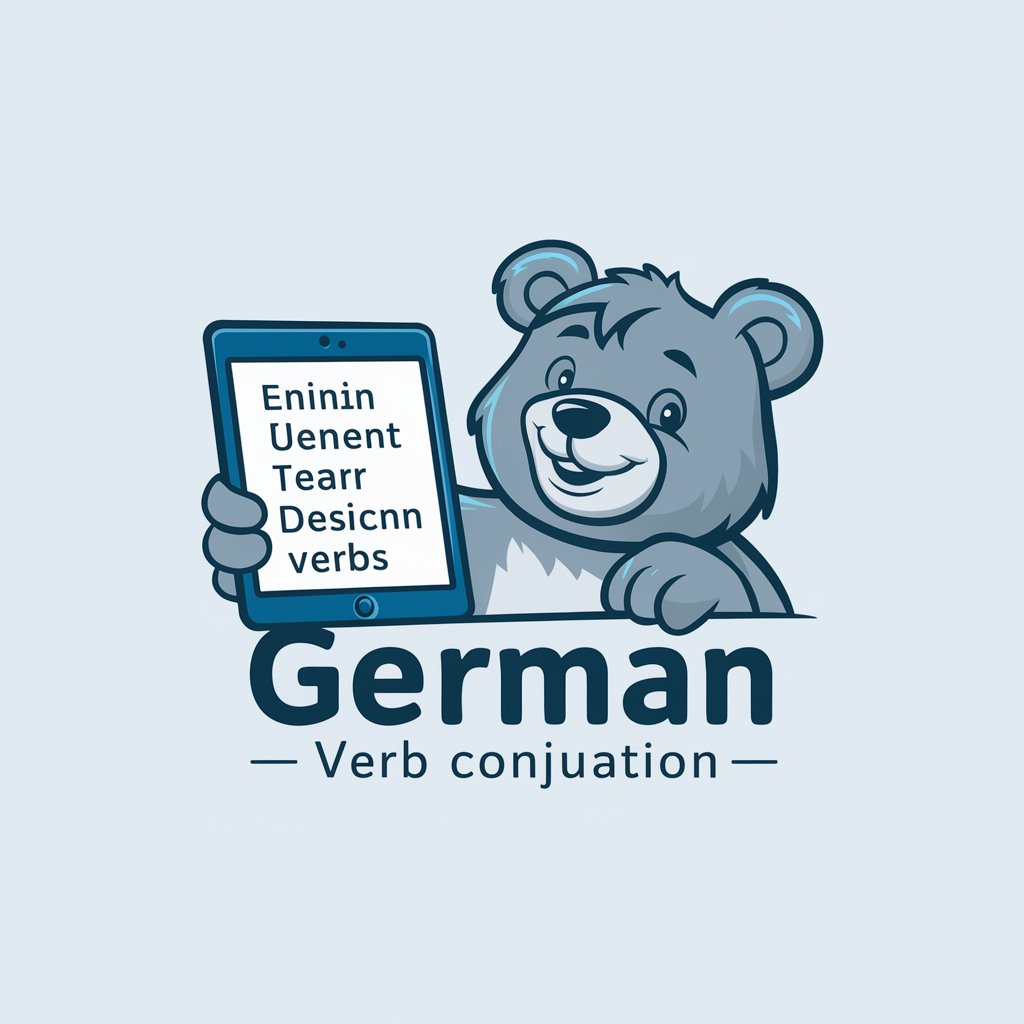
Past Tense Pro
Master Rioplatense Spanish past tense with AI.
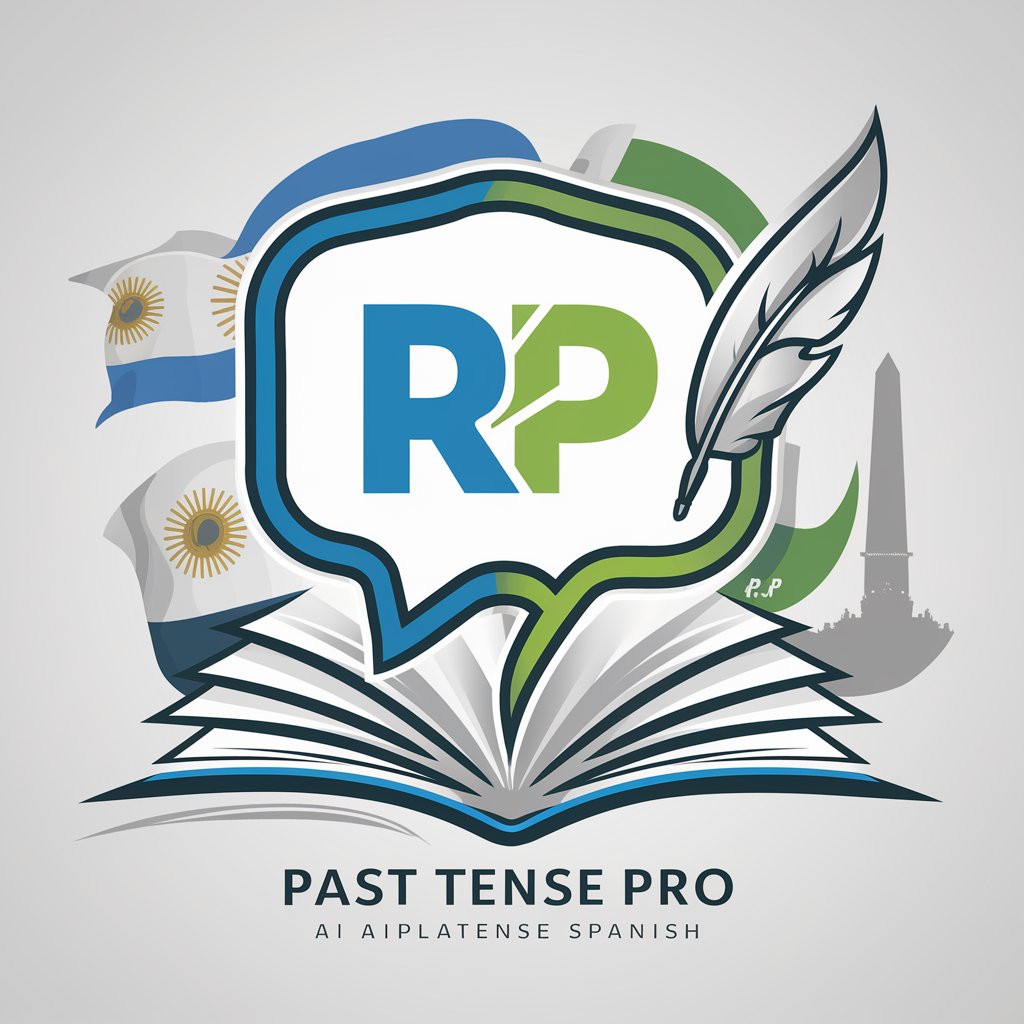
Key Characteristics and Capabilities
The core features of AI GPTs for Verb Conjugation include adaptability to different languages and dialects, support for various tenses and moods, and the ability to handle irregular verbs. These tools can be customized for a range of complexities, from basic language learning to advanced linguistic analysis. Special features include integration with language learning platforms, technical support for developers, and the capability for web searching, image creation, or data analysis to enrich language learning experiences.
Who Benefits from AI GPTs in Verb Conjugation
AI GPTs for Verb Conjugation are tailored for a diverse audience, including language learners, educators, content creators, linguists, and developers. They are accessible to novices without coding skills, offering user-friendly interfaces and straightforward functionalities. Simultaneously, they provide extensive customization options for those with programming expertise, allowing for integration into various projects and research endeavors.
Try Our other AI GPTs tools for Free
Lyric Composition
Explore AI GPTs for Lyric Composition: innovative tools transforming songwriting with AI-powered lyrics generation, designed for both novices and professionals.
Genre Adaptation
Discover the power of AI GPTs for Genre Adaptation, your gateway to tailored creative content across various genres, designed for innovators and creators alike.
Performance Coaching
Discover how AI GPTs for Performance Coaching can transform your personal and professional growth with tailored, data-driven insights and advice.
Rhythmic Precision
Explore AI GPT tools designed for impeccable rhythmic precision, ideal for music and dance enthusiasts seeking innovative rhythm analysis and generation solutions.
Wonderkid Identification
Discover the future of talent scouting with AI GPTs for Wonderkid Identification, leveraging cutting-edge technology to identify and analyze emerging talents across various industries.
Tattoo Visualization
Explore the future of tattoo design with AI GPTs for Tattoo Visualization, offering personalized design, 3D visualization, and trend prediction to revolutionize your tattoo experience.
Enhancing Language Learning with AI
AI GPTs for Verb Conjugation represent a significant advancement in language learning technology, offering personalized and context-aware learning experiences. Their ability to integrate with existing platforms and workflows makes them an invaluable tool for enhancing the efficiency and effectiveness of language acquisition and usage.
Frequently Asked Questions
What exactly are AI GPTs for Verb Conjugation?
AI GPTs for Verb Conjugation are AI tools designed to automate and enhance the process of conjugating verbs across languages, using deep learning to understand context and generate accurate verb forms.
How do these tools handle irregular verbs?
Thanks to their extensive training on diverse linguistic datasets, they can accurately conjugate irregular verbs by recognizing patterns and exceptions in verb conjugation rules.
Can these tools adapt to different languages and dialects?
Yes, they are designed to be highly adaptable, supporting multiple languages and dialects with high accuracy, making them suitable for global language learning and linguistic analysis.
Are there any customization options for developers?
Developers can access APIs and SDKs to integrate these tools into their applications, customize functionalities, and enhance language-based features for their projects.
How can educators and learners benefit from these tools?
Educators can integrate these tools into teaching materials for interactive learning, while learners can use them for practice and self-study, enhancing understanding and usage of verb forms.
What makes these GPTs different from traditional verb conjugation tools?
Their ability to understand context, handle complex grammatical structures, and adapt to user input in real-time sets them apart from traditional tools, offering a more dynamic and accurate learning experience.
Is technical support available for these tools?
Yes, technical support is often provided to help users integrate and use these tools effectively in their projects or learning platforms.
Can these tools be integrated with existing systems or workflows?
Absolutely, their flexible APIs and customization options allow for seamless integration with existing educational platforms, content management systems, and language applications.